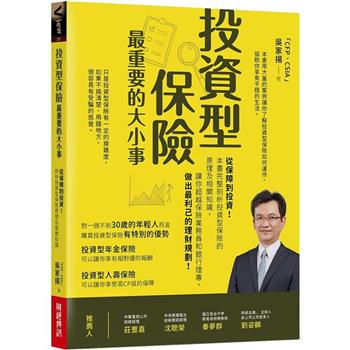The evaluation of public policies and programmes has been pointed out in the literature as being capable of supporting the formulation of government interventions, the control of their execution, the adjustments that are necessary and, finally, the decision between maintaining or interrupting actions. It is therefore a significant mechanism for making public spending more efficient and for better management and control of the effectiveness of state action. Against this backdrop, this book aims to evaluate the Science without Borders Programme (CsF) from the perspective of scholarship holders from Federal Higher Education Institutions in the city of Montes Claros-MG. This recent experience of the internationalisation of higher education in Brazil, manifested by the CsF Programme, despite presenting benefits that have already materialised and potential, also points to deficiencies that need to be resolved. This research opens up a reflection at micro level, on the processes and impacts of the Science without Borders Programme (CsF) specifically, and at macro level, with regard to higher education internationalisation policies in Brazil.
| FindBook |
|
有 1 項符合
Mendes Athayde的圖書 |
 |
$ 2365 | An evaluation of the impacts of the Science Without Borders Programme
作者:Mendes Athayde 出版社:Our Knowledge Publishing 出版日期:2023-09-08 語言:英文 規格:平裝 / 60頁 / 22.86 x 15.24 x 0.36 cm / 普通級/ 初版  看圖書介紹 看圖書介紹
|
|
|
圖書介紹 - 資料來源:博客來 評分:
圖書名稱:An evaluation of the impacts of the Science Without Borders Programme
|











